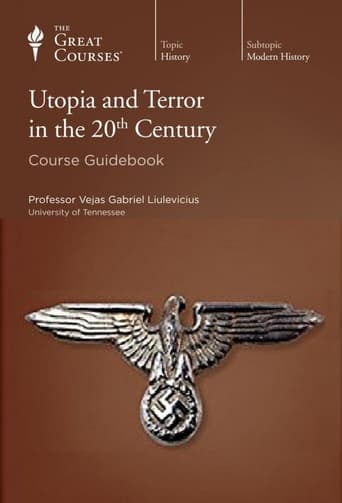Trending Searches:
Popular Movies:

In these lectures, the author, Vejas Gabriel Liulevicius, examines the fundamental question of our times: why was the 20th century so violent? It looks at the ideologies that promised utopias and total solutions to social problems and relates the terrible human toll of attempts to realize these ideas.
... View MoreThe movie is currently not available onine
The Great Courses